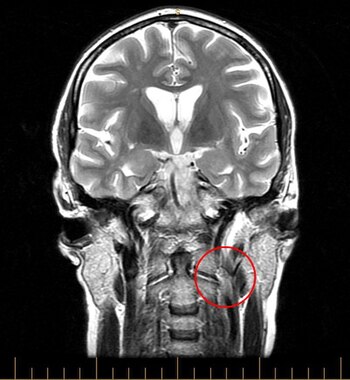
LONG TERM DISABILITY & THE UNDIAGNOSED CONDITION
One of the most difficult cases in our long-term disability practice is the individual who does not have a diagnosis. It is very common in medicine for claimants to go longer than a year without receiving a proper diagnosis. This is not the fault of physicians, but largely the fault of the way medicine is practiced in the United States. Frequently, problems are evaluated by family physicians and primary care providers. Following initial evaluation, some tests are completed, and referrals to specialists are made.
Although long-term disability insurance policies do not mandate a formal diagnosis, your case will certainly go much smoother when the diagnosis and mechanism of disability is understood.
We recently represented two clients who completed an incredible battery of tests and evaluations, but were unable to secure a formal diagnosis. The symptoms and problems that these claimants experienced were severe and disabling. Many times the proper move in this type of case is to ignore what can’t be found, and concentrate on the functionality of the individual. Typically, when we have a case that is not diagnosed, we recommend that the claimant undergo a Functional Capacity Evaluation (FCE). A thorough FCE will demonstrate the deficits in a client’s functionality, even if a conclusive diagnosis is never obtained.
We have a phrase in our office that applies well to this situation. That phrase is, “Disability hates a mystery.” Insurance companies do not like mysteries. The nature of insurance companies is that they need to understand and agree with the condition. They have a hard time agreeing with anything that isn’t clearly defined.
Unfortunately, ERISA puts the disabled client in a race against the clock. From the time that the claim is denied, the claimant has 180 days to appeal. Typically, it may take 180 days to even get into the office of a specialist who can properly diagnose the symptoms and problems that are plaguing our client. A classic example of this is a condition known as POTS (Postural Orthostatic Tachycardia Syndrome). These individuals experience rapid heartbeat upon minimal physical exertion, and frequently will pass out depending on the severity of their individual problem. There are very few physicians who are familiar with POTS, and presently it takes at least six months to get into the office of leading POTS physicians.
Given enough time and energy, a diagnosis can be made. The only issue is whether or not it will be timely enough for your long-term disability carrier.
Questions about your long term disability insurance claim?
Call (877)-428-9806 and we will be happy to answer your questions or concerns.

